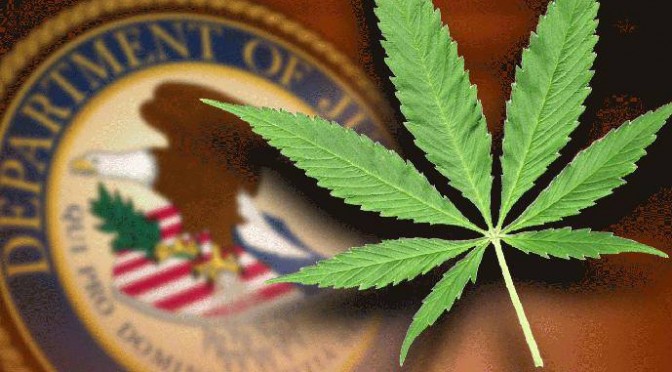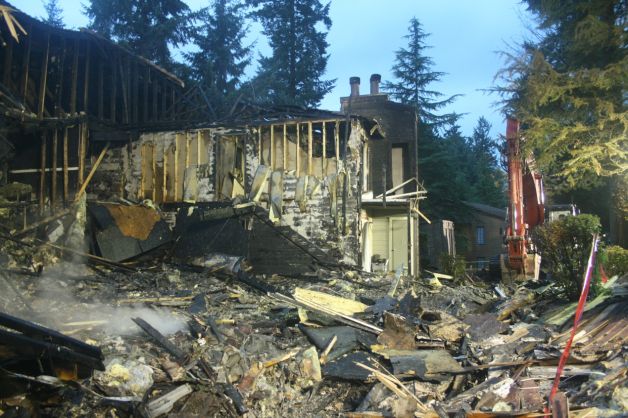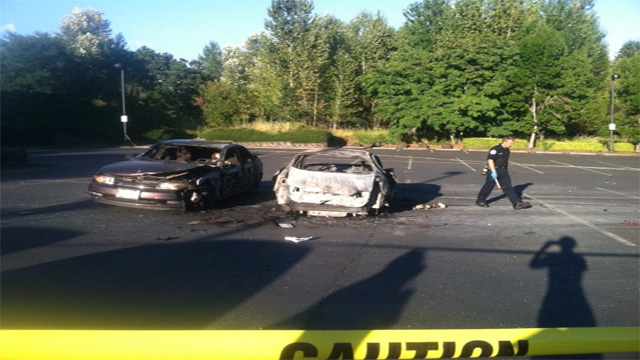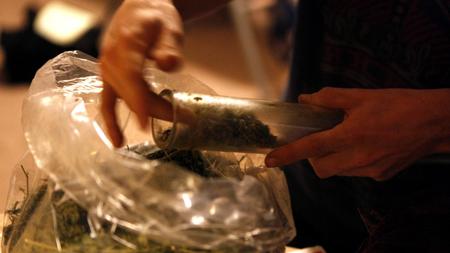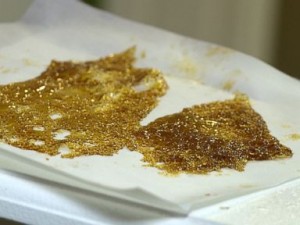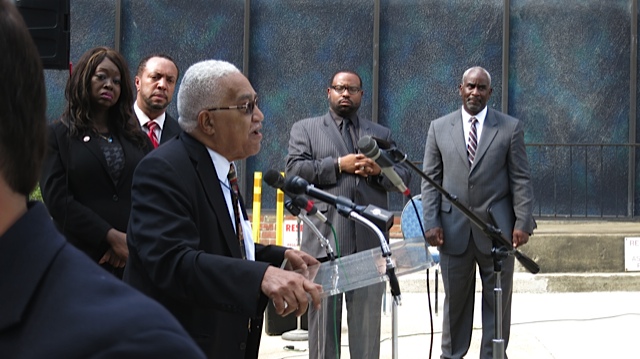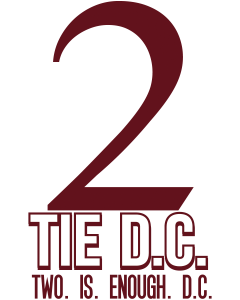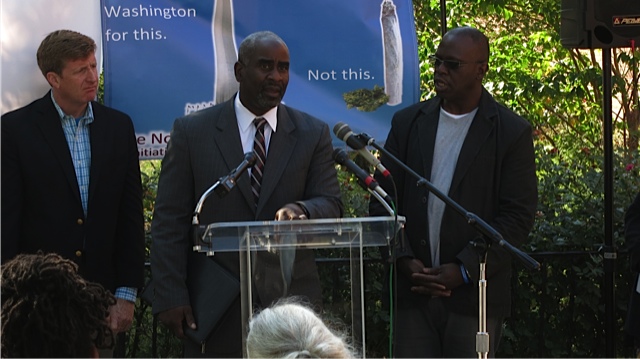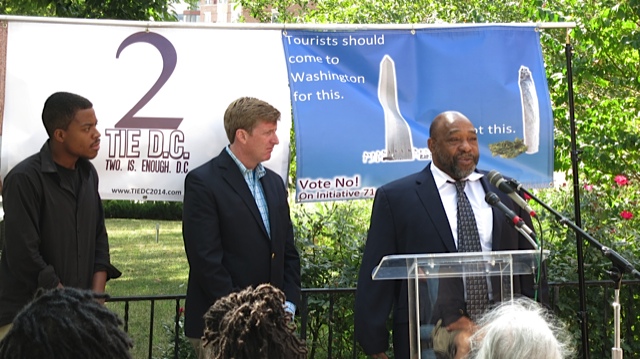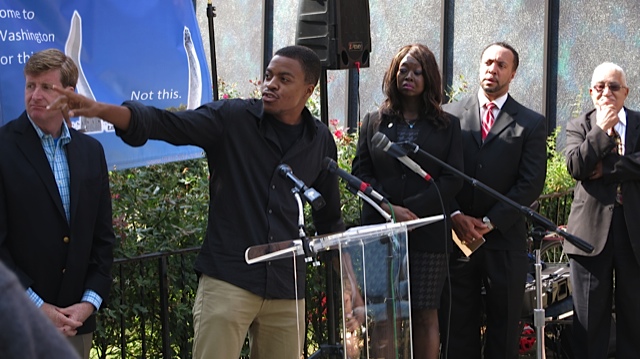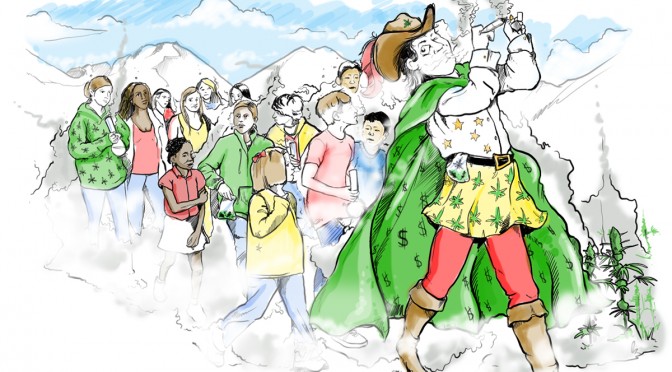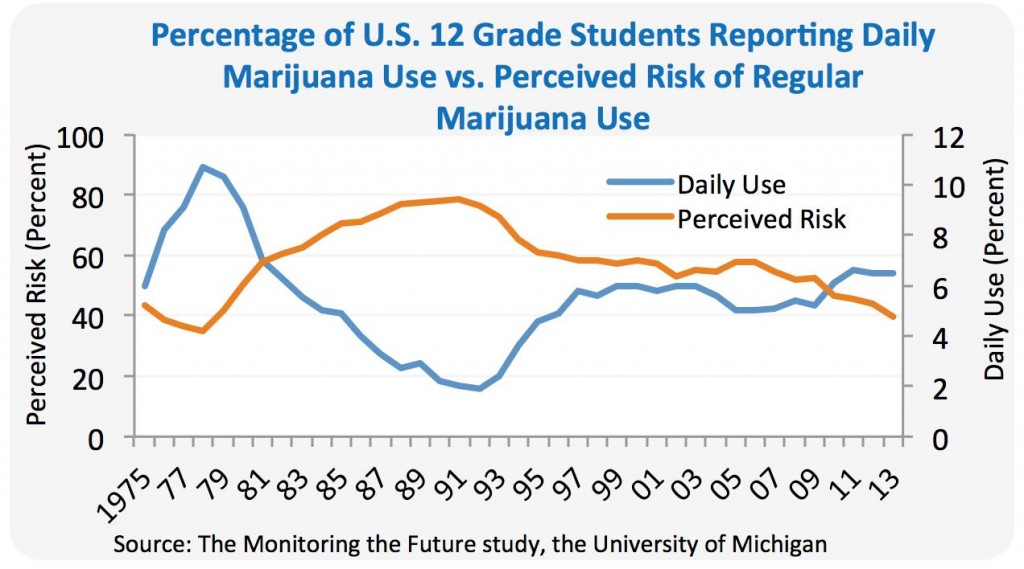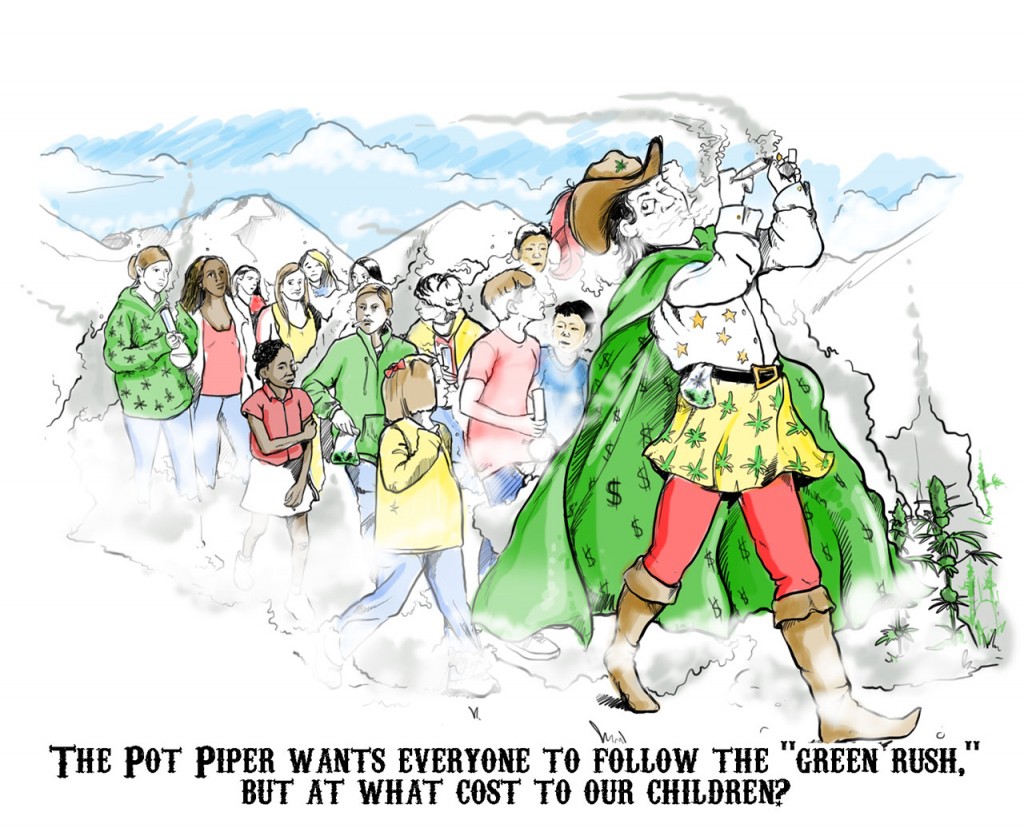African-Americans in Washington, DC, do not embrace marijuana legalization as readily as whites in DC — by a difference of 18 percentage points. Judge Arthur Burnett, National Executive Director of the National African-American Drug Policy Coalition, observes that opposition among blacks to legalization stems from experience. African-American communities already suffer from a liquor store on every corner, and black voters know commercial marijuana would prey on their communities at a much higher rate. “Do we really want to substitute mass incapacitation for mass incarceration?” Judge Burnett asks. He spoke along with others opponents to legalization at a Press Conference in Washington sponsored by Two. Is. Enough. D.C. (TieDC).
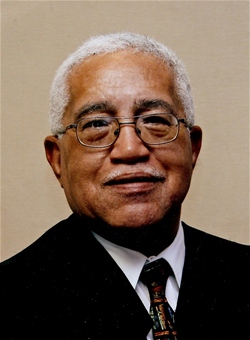
Vanita Gupta is the nominee to head the Civil Rights Division in the Department of Justice. According to a recent article, Gupta, a former ACLU lawyer, endorses the complete legalization of marijuana in every state, with taxation and regulation. No DC official is more popular in Washington than Police Chief Cathy Lanier, who contends the ACLU doesn’t understand the city (to be discussed in another article). Washington residents should vote No on Ballot 71 to legalize marijuana and reject the posturing of outside groups.
Gupta has an impressive resume, but the 39-year old would not be where she is today if she lived by the drug policies she allegedly endorses. Had Gupta partaken in pot culture as a teen, she would not have been accepted into Yale University. If she had spent young adulthood frequently using marijuana, she wouldn’t have become a successful attorney.
Does she understand the nature of addiction? Does she understand why every minority group voted against marijuana legalization in California? We cannot have a national discussion of policy without including a discussion of drug abuse and addiction.
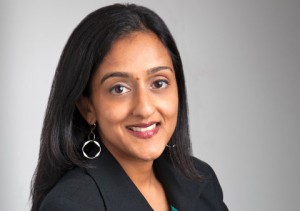
Our education about the nature of addiction and what drugs actually do—at all our schools, and at every level–should be top priority. Here is evidence that was recently published in “Press the President,” which featured National Families in Action’s review of the science that underlies drug abuse and addiction.
Five Unavoidable Statistics
1. Availability drives use. The more available a given drug is, the more people use that drug. The most effective prevention strategy is to keep availability to a minimum.
2. 137 million Americans use alcohol regularly; 67 million use tobacco; 20 million use marijuana.
3. The alcohol industry spent $3.5 billion in 2011 to market and advertise its products; the tobacco industry spent $8.4 billion. A commercial marijuana industry will do the same.
4. Age limits don’t prevent underage use: five of ten new smokers every year are under age 18, eight of ten new drinkers are under age 21. Age limits won’t stop underage marijuana use in legalization states.
5. About half of Colorado’s medical marijuana dispensaries in 2011 were located in one city, Denver. That year, marijuana use among Denver’s middle-school students was double that of middle-school students in the rest of the state; marijuana use among Denver’s high school students was 25 percent higher.
Shocking Facts for Drug Policy-Makers
– It’s not your daddy’s weed. The marijuana of the 60s and 70s contained 2-3 percent THC. Today’s marijuana contains 15 percent THC on average. Marijuana extracts such as Butane Hash Oil contain from 75 to 100 percent THC.
– Colorado pot shops are selling candies, cookies, and soft drinks infused with marijuana. Babies, toddlers, and preschoolers are showing up at emergency rooms because they ate them and overdosed. Some have required intensive care to recover.
– Marijuana is not harmless. A just-published review of 20 years of marijuana research worldwide finds that marijuana can impair adolescents’ intellectual development and ability to perform in school. Use that begins before age 18 can result in an average IQ drop of 8 points, enough to place a person of average intelligence in the bottom third of the IQ scale.
– Using marijuana before driving doubles the risk of having a crash.
– One in six teenagers who use marijuana regularly will become addicted; so will one in ten adults.
– Marijuana use doubles the risk of developing psychotic disorders, including schizophrenia.
Another View — Judge Arthur Burnett
Vanita Gupta has said “The war on drugs has been a war on communities of color.” There’s a lot she could learn from Judge Arthur Burnett. He spent 31 years as a judge in the District. He doesn’t think legalization would keep young black men out of jail, Marijuana would be more readily available, leading more young people to harder drugs. Scratch the surface of most homicides and rape cases, and the perpetrators were high on drugs, including marijuana. Marijuana introduces people to a culture where they get drawn into other drugs, though it might not be a gateway for everyone who tries it.
Gupta’s passion for racial fairness is admirable, but she doesn’t seem to have drug culture experience. Drug use brings pain and misery to the users and families of users. Gupta needs to understand the limited hope for children who begin drug use at an early age. Being a racial minority it hard enough, but why add another strike against minority youth by advocating a program that would increase their drug usage?

